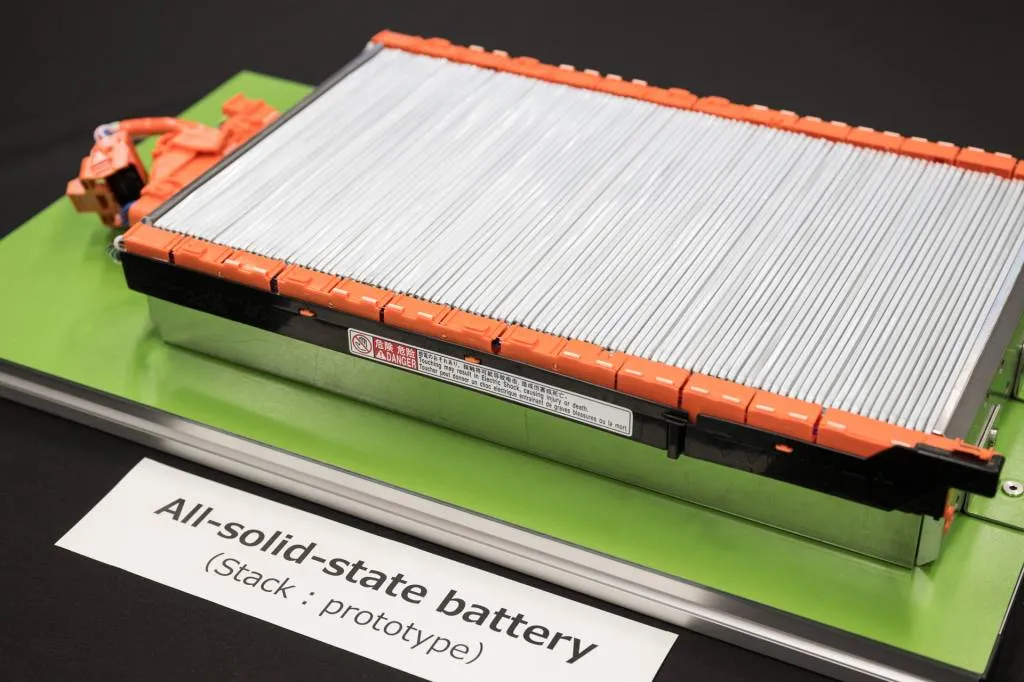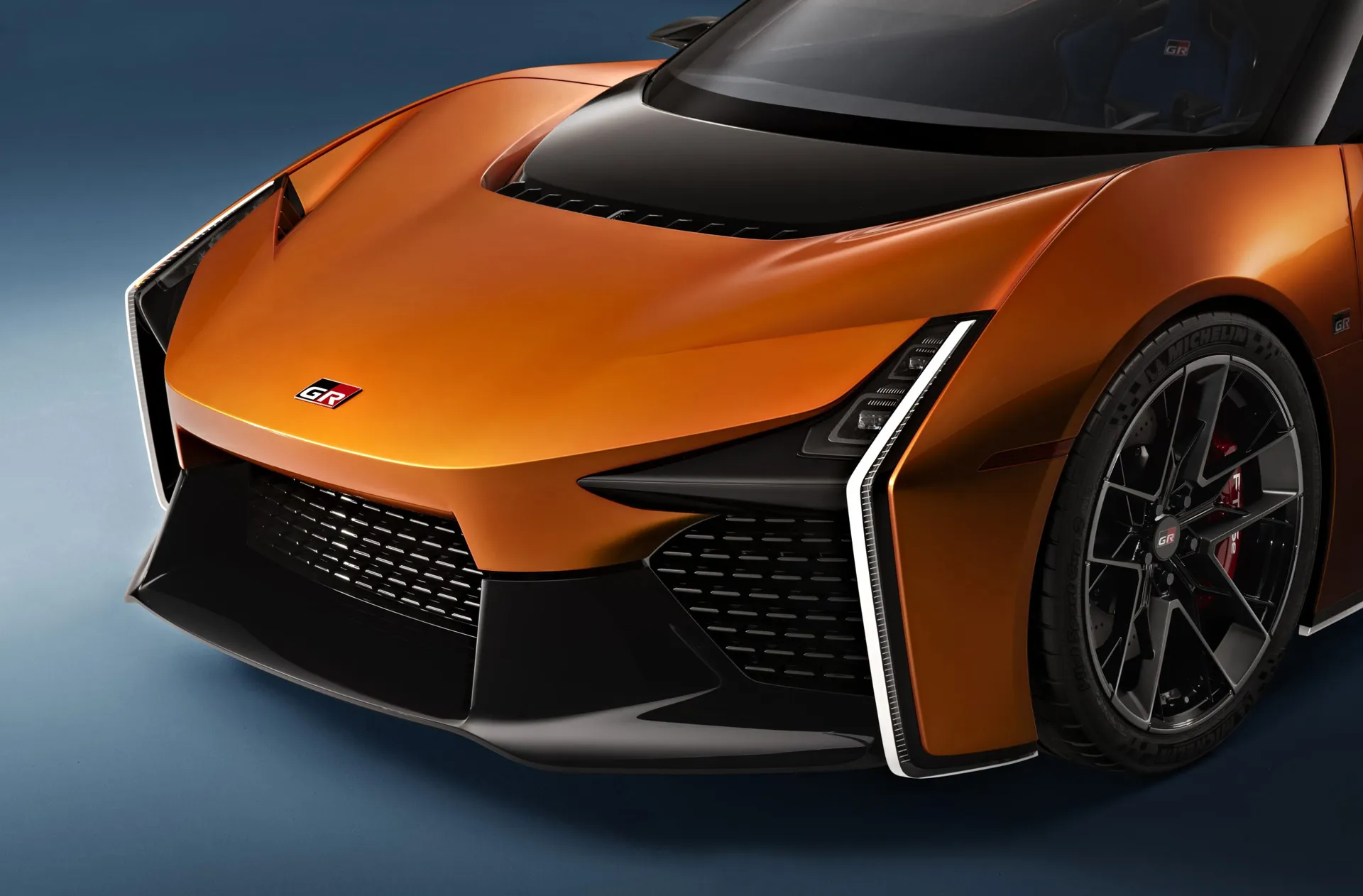- Toyota now aims for a million or more EVs in 2026, down from 1.5 million
- It plans to start making next-gen batteries in Japan in 2026, including solid-state cells
- At an eventual 9 gigawatt-hours annually, the advanced batteries are likely only for niche models
EVs Toyota will ramp up EV production to at least one million units in 2026, and will move ahead with a plan to manufacture solid-state batteries in Japan.
The automaker had previously discussed a target of 1.5 million EVs for 2026, but even the lower number represents a nearly tenfold increase from 2023 levels, Reuters notes.
Both numbers are merely benchmarks for shareholders, Toyota has said. While it will likely continue to emphasize hybrids, a million EVs by 2026 is still a major undertaking for the automaker.
Toyota also plans to begin making its most advanced solid-state battery cells within the same timeframe soon after this EV ramp-up. The automaker on Friday said it had received approval from Japanese regulators for a plan that would see it gradually implement production of next-generation cells starting in 2026, including solid-state cells. All three types of advanced cells may eventually reach production volumes of 9 gigawatt-hours per year.
Toyota advanced battery production roadmap for 2026
Such volumes will amount to niche models—eventually on the order of nearly 100,000 long-range EVs combined, perhaps—so these aren’t going to be high-volume EVs but flagship luxury models, sports cars, or the like.
Last September Toyota detailed a technology roadmap in which it showed these advanced lithium-ion batteries, as well as two generations of solid-state cells, as part of a further evolution that might cut fast-charge time to just 10 minutes. Toyota has been working with fellow Japanese companies Panasonic and Idemitsu Kosan on some of the base technologies toward solid-state production.

Toyota solid-state battery prototype
In the U.S. Toyota has made a long-term supply agreement with LG, with enough batteries coming from the supplier’s Michigan factory for U.S.-made EVs, including a Kentucky-made SUV. This new manufacturing update confirms that the most advanced cells—including solid-state cells—will be made in Japan, though.
While these documents continue to suggest that Toyota plans a massive ramp of EVs compared to its current low levels, it did last year project that it will make more hydrogen vehicles than EVs powered by solid-state cells by 2030.
Read the full article here




